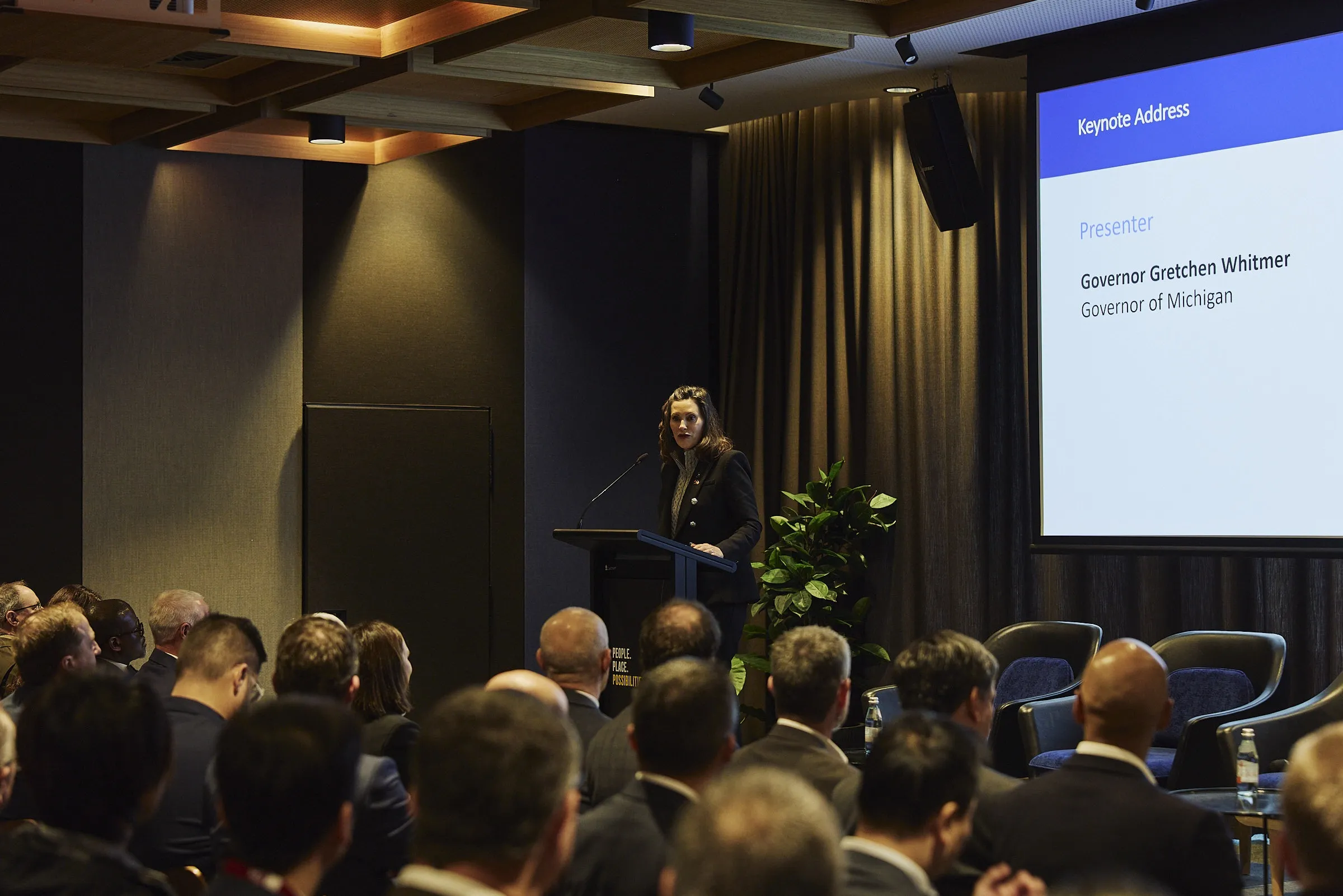The University of Sydney has released the results of a survey that indicates that Australian drivers are unlikely to share their vehicles with other travellers and increasing congestion, contrary to predictions made by transport experts and the motor industry.
The University’s University of Sydney Business School’s latest Transport Opinion Survey, conducted by the School’s Institute of Transport and Logistic Studies, indicate that road congestion in Australia’s major cities is unlikely to ease with the arrival of self-drive cars and could be worse than it is today.
The results of the survey have prompted the director of the ITLS, Professor David Hensher, to suggest that the government may have to impose a levy on the use of private cars in order to combat increasing congestion.
One in four survey participants said they would buy a self-drive car for family use if they were available but only one-third of these adopters would lease their vehicles to other travellers when it was not in use.
Forty per cent of participants also said that they would probably use their cars more as travelling became easier while more than thirty per cent said they would use their car rather than use some public transport.
No survey participants expected their daily travel to remain the same in the driver-less era.
The results, according to Professor Hensher, indicated that there could be more traffic congestion on Australia’s roads rather than less as predicted by some transport analysts, and a deterioration in public transport services.
“The survey suggests a strong uptake which is encouraging at this stage in the debate on the future of driver-less vehicles; however the real challenge is getting society to become more sharing either by allowing others to use their cars or through a third party mobility plan” said Professor Hensher.
“Pundits promoting the virtues of driverless cars were suggesting that they would contribute to a significant reduction in traffic congestion. Our findings appear contrary to that view.
“We now need to contemplate how society more broadly and government might respond through new laws ensuring that disruptive transport technologies serve the public while managing their negative impacts through various measures including a private car use levy,” he said.
Self-driving cars ‘could make traffic congestion worse’
The University of Sydney has released the results of a survey that indicates that Australian drivers are unlikely to share their vehicles with other travellers and increasing congestion, contrary to predictions made by transport experts and the motor industry. The University’s University of Sydney Business School’s latest Transport Opinion Survey, conducted by the School’s Institute of Transport and Logistic Studies
September 26, 2017
Read time: 2 mins









